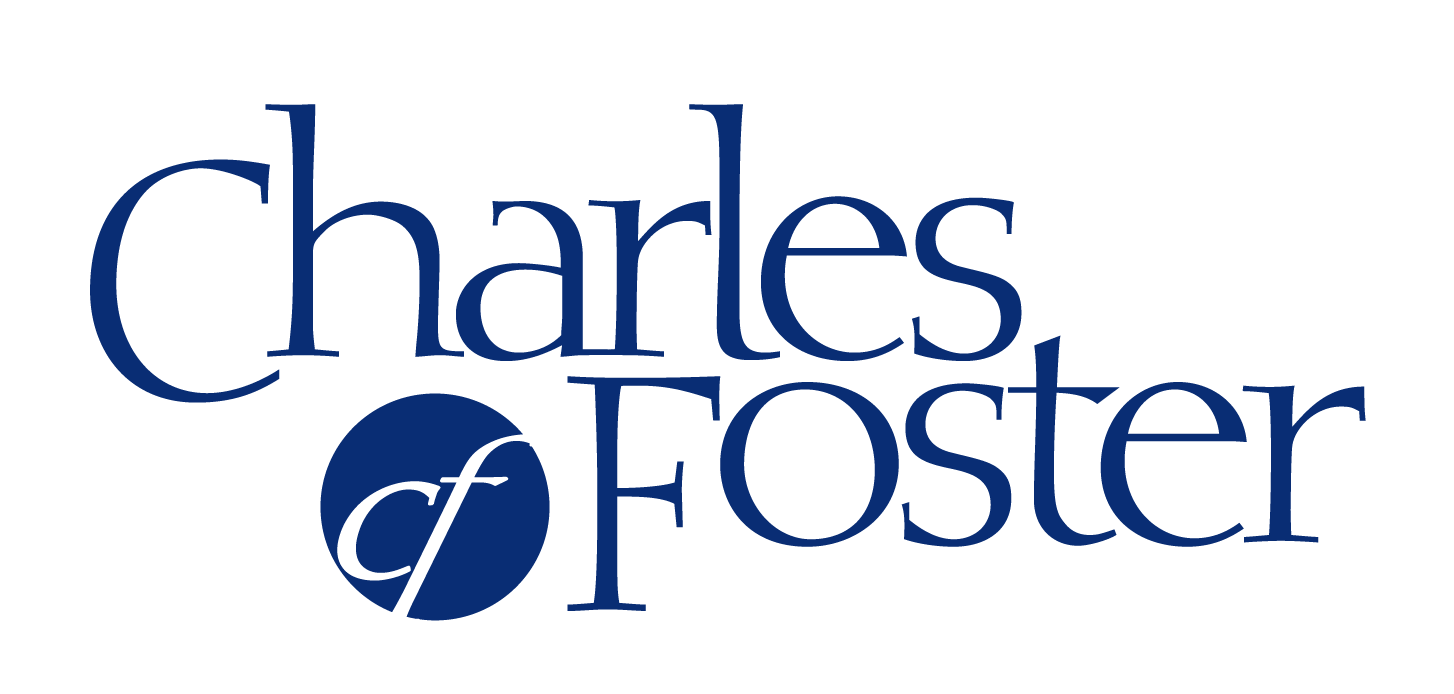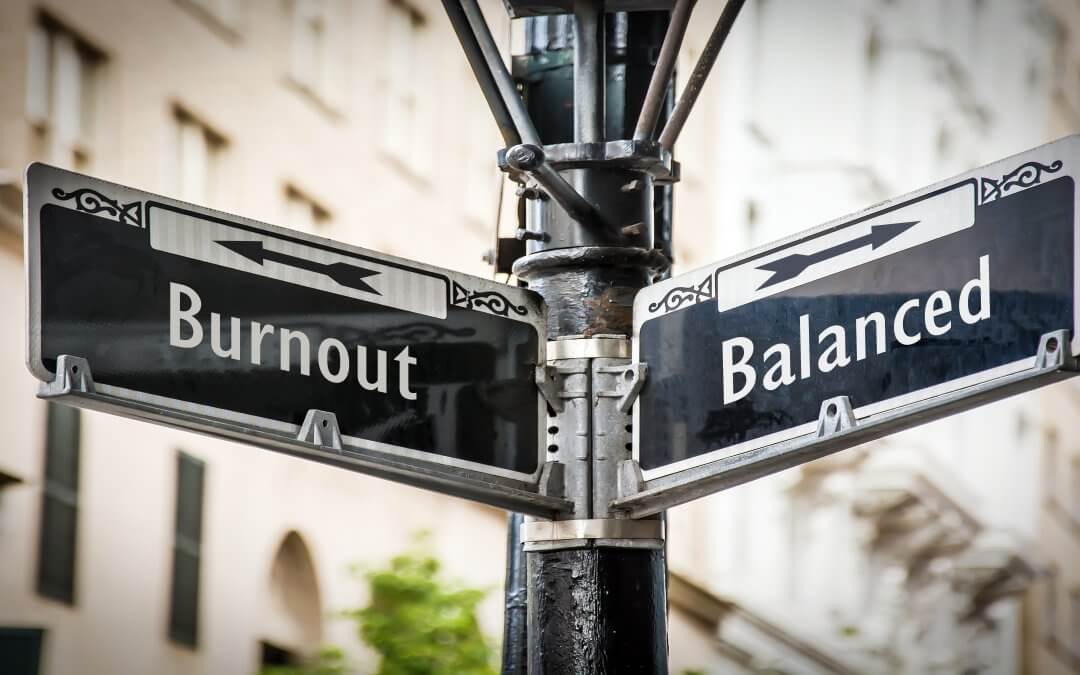Burnout is a syndrome that results from long-term workplace stress that has not been effectively or successfully managed. It is emotional exhaustion, depersonalization, and a decreased sense of accomplishment.
Signs of Burnout
There are physical, emotional, and behavioral signs of burnout. Keep an eye out for these signs:
- Physical
- Feeling tired most of the time
- Lowered immunity
- Frequent headaches, back pain, or muscle aches
- Change in appetite or sleep habits
- Emotional
- Self-doubt
- Feeling helpless and hopeless
- Detachment
- Decreased motivation
- Increasingly negative outlook
- Decreased satisfaction and sense of accomplishment
- Behavior
- Withdrawing from responsibilities
- Isolation
- Procrastination
- Using, food, drugs, or alcohol to cope
- Taking out frustration on others
- Skipping things – or coming late or leaving early
Consequences Associated with Burnout
There are many consequences associated with burnout. It’s important to be mindful of these to ensure that if you do end up with burnout you can be proactive in making sure you relax.
- Sleep deprivation
- Change in eating habits
- Increased illness due to a weakened immune system
- Difficulty concentrating and poor memory and attention
- Lack of productivity
- Poor performance
- Avoidance of responsibilities
- Loss of enjoyment
Stages of Burnout
There are three stages to burnout. Stage one starts with milder symptoms, stage two has longer-lasting symptoms, and stage three is severe.
- Stage One – Milder Symptoms
- Mental fatigue at the end of the day
- Feeling unappreciated, frustrated, or tense
- Physical aches or pains
- Feel like you are falling behind in work
- Dread the next day
- Stage Two – Longer Lasting Symptoms
- More challenging to reverse these symptoms
- Disillusionment about the job
- Feeling bored, apathetic, or frustrated
- Feel ruled by a schedule
- Intermittent periods of psychological/physical symptoms that last even when the provoking situation subsides
- Psychological symptoms
- Irritability, aggression, anxiety, depression, substance abuse, and suicidal thoughts.
- Psychological symptoms
- Stage Three – Severe
- Chronic symptoms
- If left untreated can evolve into psychiatric and physical health disorders
- Severe personal consequences
Prevent Burnout
Be proactive and prevent burnout. Keep an eye out for the signs listed above and the consequences to make sure you avoid stage two and stage three of burnout. Self-denial can occur, therefore cultivating the ability to self-reflect.
- Self Reflection
- Attend to your own needs
- Realign goals and expectations for yourself
- Evaluate a typical weekly schedule and reduce or eliminate unnecessary items
- Complete a periodic assessment and realignment of goals, skills, and work passions
- Exercise regularly
- Eat a well-balanced healthy diet
- Get enough sleep
- Drink plenty of water
- Self-care such as enjoyable “timeouts” doing interests
- Build up a professional and personal support system
Are you looking for that perfect job that will take you to the next step in your professional career? Charles Foster is here to help with that! Browse through our job openings here!


